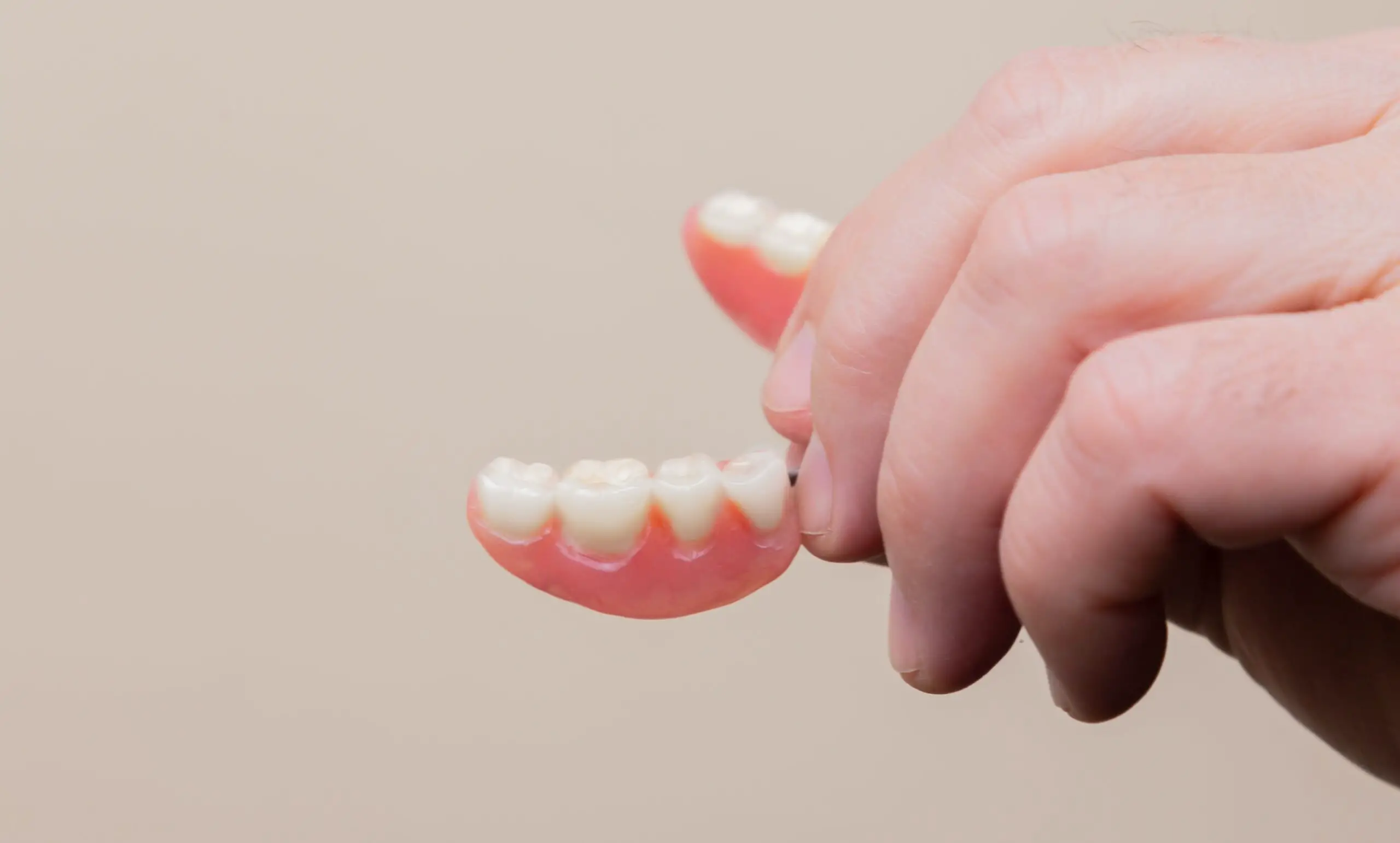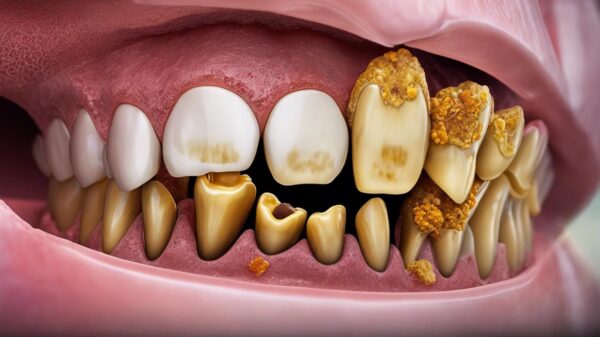Dental Implants vs Dentures
The decision of whether to go with dental implants or dentures is really a matter of preference. While most will find that they are quite happy with one or the other, some people may want to get both. If you’re currently missing teeth and need an oral solution, it’s important to work closely with your dentist so they can help guide you through the pros and cons of each option!
Dental implants are a popular treatment option for many patients who are missing teeth. Although more expensive than dentures, they offer multiple benefits that make them worth considering.
What are Dental Implants?
Dental implants are artificial tooth roots that are surgically inserted into the jawbone. Once they’re in place, they can support a crown (prosthetic tooth), or a bridge to replace several missing teeth if you have multiple implants.
Who is a Good Candidate?
Dental implants are an option for individuals who have good general health, are over 18, and do not smoke. Smoking reduces the body’s capacity to heal, which could affect the integration of the implant, causing it to fail.
For individuals who have lost a tooth through accident, injury, or periodontal (gum) disease, dental implants are a good option. But, if the supporting tissues of the teeth are lost through periodontal disease the implant procedure may not be viable. This is when other surgical procedures, such as a bone or dental gum graft, may need to be considered to regenerate lost tissue to enable the successful placement of an implant.
What Are The Advantages of Implants?
Eat What You Like
Dental implants act, function, and look exactly like your own teeth. Because they are embedded into the jawbone, they are exceptionally strong. Thus, they can withstand all the chewing and biting forces exerted on them. You won’t need to worry that they will break, wobble or fall out. You can enjoy foods such as apples, corn on the cob, and ribs that may be difficult to eat with other tooth replacement solutions.
Maintain Healthy Bone
When a tooth is lost, the bone around the socket begins to resorb. This is because bone cells require stimulation to produce new cells. The chewing and biting forces on a tooth provide this. Thus, once a tooth is lost, the bone does not receive the stimulation it needs. Dental implants change this. As they act just like a tooth root, they provide the required stimulation for new cell growth.
Support Facial Structure
The alveolar ridge is the part of the jawbone that holds the teeth. The teeth and bones support the soft tissues of the face. If the bone is eroded, the underlying structure of the face is compromised and the facial tissues sag. Over time, gravity, skin laxity, and loss of support change the V-shape of the face to a square shape. Dental implants can prevent bone loss and maintain the underlying structure of the face.
What Are Dentures?
Dentures are removable appliances that replace missing teeth. They can be full or partial and come in a variety of materials, colors, shapes, and sizes to suit your needs. Some people wear dentures for their whole life while others only need them temporarily. For example, if you are having a dental implant you may need to wear a denture until the treatment is complete.
Who is a Good Candidate?
Dentures are typically the treatment of choice for many people who have lost teeth. Full dentures are available if you have lost all your teeth. Whereas partial dentures are worn if you have one or several missing teeth.
What Are The Advantages of Dentures?
Less Expensive
Tooth replacement procedures are costly. Dentures offer one of the most affordable options compared to all of the other treatments, including dental implants, dental crowns, and bridges. The price of dentures varies depending on your requirements and circumstances. Partial dentures tend to cost less than full dentures, but with the choice of materials, there is some flexibility on both the quality and price of your dentures.
Easy to Maintain
Dentures are easy to maintain. They are easy to take in and out, requiring just a rinse under running water after eating to remove debris. It is important to keep your mouth clean, as even with dentures bacterial plaque can still be an issue.
It is recommended that you take dentures out to sleep at night. They can be popped into a cleaning solution so they will be germ-free when you put them back in. Ensure you clean your remaining teeth and gums by brushing and flossing. This keeps the mouth healthy and prevents problems such as tooth decay and gum disease.
Suitable for Many Circumstances
Unlike other tooth replacement options, dentures are an option even if the rest of your mouth is not in good shape. For example, healthy teeth are required for bridges, which are anchored in place with crowns; and dental implants require a healthy jawbone and gums so they can be supported securely.
No Surgery Required
If you have dentures there is typically no surgery required and the process involves minimal (if any) discomfort. You will require a thorough consultation so the dentist can determine what dentures you require. Impressions are taken of your mouth and sent to a laboratory where your denture is tailor-made. Any minor adjustments to fit are carried out by your dentist when you pick them up.
Other tooth replacements involve more invasive work. This may include surgery if you are having dental implants or paring down the teeth for crowns and bridges.
The Big Decision
Ultimately, the decision of whether to have dental implants or dentures is down to you and your dentist. Whatever you decide, any tooth-replacement option is better than doing without. If you have missing teeth, it can affect how you speak and what you can eat. It may also make you feel self-conscious and inhibit your desire to laugh or smile. This can affect your self-esteem and how other people interact with you. There is a solution out there for everyone so choose what option suits your specific needs and lifestyle.












